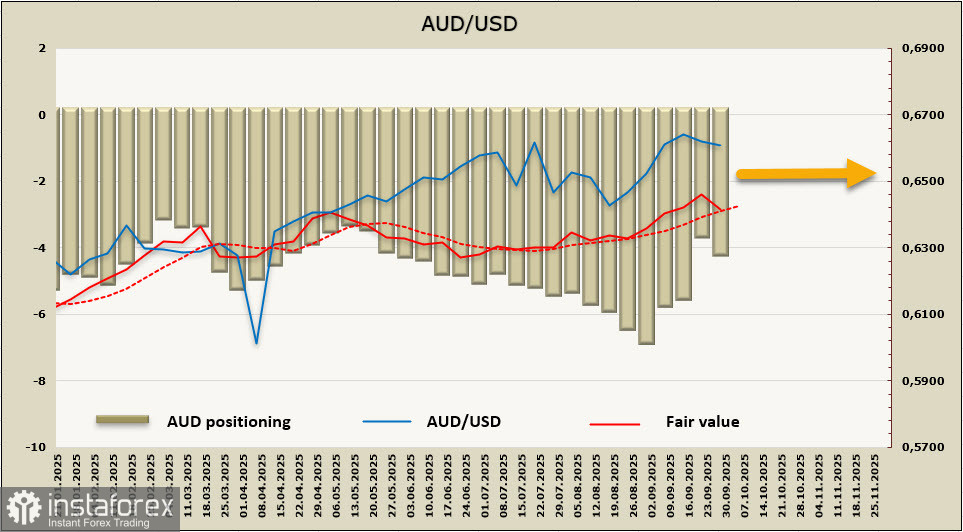The latest Reserve Bank of Australia (RBA) meeting delivered a few surprises, helping the Australian dollar hold its ground against the U.S. dollar. However, the long-term outlook remains uncertain. As expected, the RBA left interest rates unchanged at 3.6%, as inflation remains at its highest level since July 2024.

The RBA directly acknowledged this inflation risk, stating: "...while recent data is incomplete and volatile, it suggests that inflation in the September quarter may come in higher than anticipated during the August Monetary Policy Statement." The central bank also noted signs of recovering consumer demand, which increases the risk of upward pressure on prices.
Additionally, the RBA highlighted economic uncertainty both from domestic sources and external developments.
Earlier this year, the RBA had already cut rates by a total of 75 basis points. Following the August meeting, market expectations were for two more rate cuts by year-end, bringing the rate down to 3.1%. Now, the market only sees a single rate cut in November (with about a 35% probability), or potentially pushing any additional easing into next year. Clearly, the bias has shifted in favor of the Aussie.
In contrast to New Zealand, Australia's economic footing appears stronger. GDP grew by 0.8% in Q2, and PMI readings remain in expansion territory. This gives the RBA a reason to hold off on further easing, as the economy seems to be withstanding current interest rates.
Meanwhile, net short positions on AUD increased by $512 million over the reporting week, bringing the total to -$3.93 billion. Speculative positioning is still bearish, and the fair value estimate has turned downward, although it remains close to the long-term average.

The AUD/USD pair continues to trade within a bullish channel, though the upward momentum has weakened, and a clear catalyst for further gains is currently absent. Nevertheless, domestic fundamentals support further movement within this channel and a slow upward trajectory. A retest of the recent high at 0.6710 and a potential breakout attempt remain plausible.
At the same time, signs of a strengthening U.S. dollar are becoming more pronounced. Friday will be pivotal, as it should become clear whether the government will shut down and whether labor market data will be published. If the Non-Farm Payroll report is not released, appetite for risk may quickly evaporate — which would spell trouble for AUD/USD. In such a scenario, the pair could lose its bullish tone and retrace lower toward the key support level at 0.6520.





















